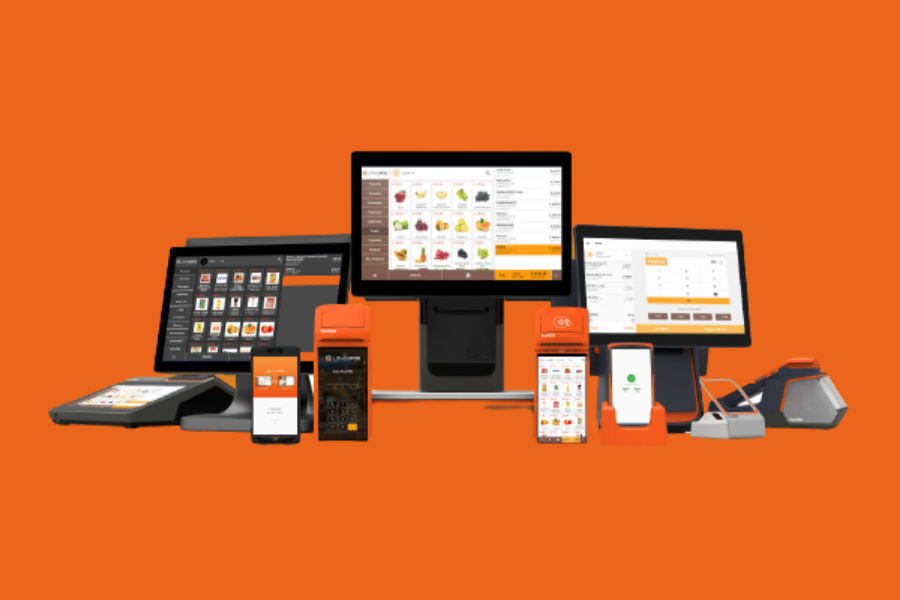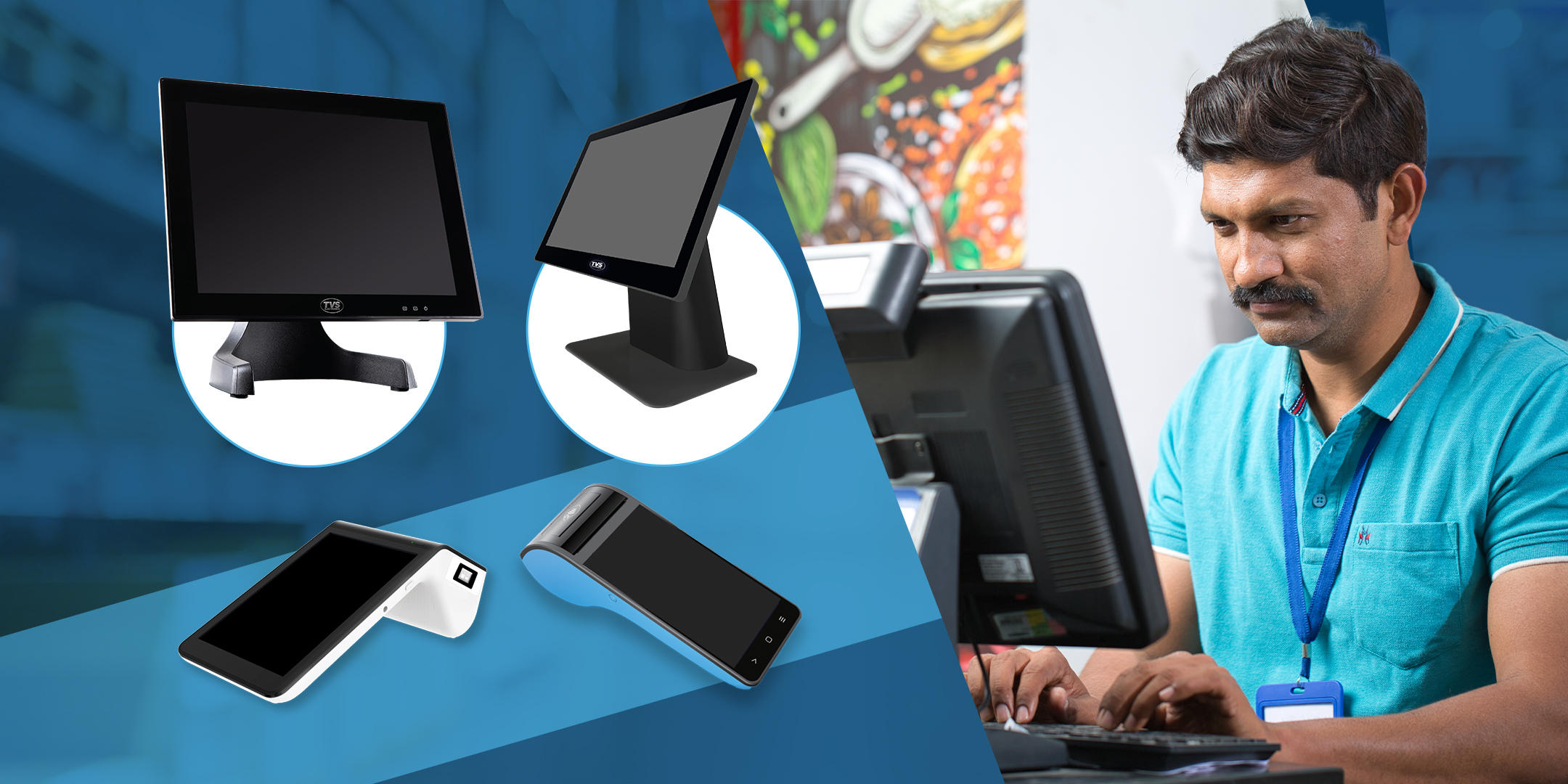Choosing the Best POS Device for Your Retail Store: A Comprehensive Guide
In the ever-evolving world of retail, staying ahead of the competition means adopting the latest technology. One of the most crucial pieces of technology for any retail store is the Point of Sale (POS) system. A well-chosen POS device can streamline operations, improve customer service, and ultimately boost your bottom line. In this comprehensive guide, we'll delve into the key considerations for selecting the best POS device for your retail store.
Understanding the Importance of a POS System
What is a POS System?
A POS system is a combination of hardware and software that allows retail businesses to conduct sales transactions. Beyond processing sales, modern POS systems offer a variety of features, including inventory management, customer relationship management (CRM), sales analytics, and employee management.
Why You Need a POS System
- Efficiency: Automates the sales process, reducing manual errors and speeding up transactions.
- Inventory Management: Tracks stock levels in real-time, helping you avoid stockouts or overstock situations.
- Customer Insights: Collects data on customer purchases, which can be used to tailor marketing strategies.
- Sales Reporting: Provides detailed sales reports, aiding in business decision-making.
- Employee Management: Tracks employee performance and manages schedules.
Key Features to Look for in a POS Device
When selecting a POS device for your retail store, there are several features to consider:
1. Ease of Use
A POS system should be user-friendly, with an intuitive interface that requires minimal training. Look for devices that offer touchscreen functionality, clear menus, and easy navigation.
2. Inventory Management
An effective POS system should provide robust inventory management capabilities. This includes tracking stock levels, generating purchase orders, and offering real-time updates.
3. Customer Relationship Management (CRM)
A good POS system helps you manage customer data, track purchase history, and implement loyalty programs. This can enhance customer satisfaction and retention.
4. Sales Reporting and Analytics
Access to detailed sales reports and analytics can provide valuable insights into your business performance. Look for systems that offer customizable reports and dashboards.
5. Integration Capabilities
Ensure the POS system can integrate with other tools you use, such as accounting software, eCommerce platforms, and payment gateways.
6. Payment Processing
The POS device should support multiple payment methods, including credit/debit cards, mobile payments, and contactless options. Security features such as encryption and compliance with PCI DSS standards are also essential.
7. Customer Support
Reliable customer support is crucial. Choose a POS provider that offers 24/7 support and has a reputation for quick resolution of issues.
Types of POS Devices
There are various types of POS devices available, each suited to different business needs:
1. Traditional POS Systems
These are hardware-based systems that typically include a computer, cash drawer, receipt printer, and barcode scanner. They are ideal for larger stores with high transaction volumes.
2. Mobile POS Systems
Mobile POS (mPOS) systems use tablets or smartphones to process transactions. They are perfect for small stores, pop-up shops, or businesses that require a flexible, on-the-go solution.
3. Cloud-Based POS Systems
Cloud-based POS systems store data on remote servers, allowing access from any device with an internet connection. These systems are scalable and often come with lower upfront costs.
4. Self-Service Kiosks
Self-service kiosks are becoming increasingly popular in retail. They allow customers to scan items, make payments, and even access product information without the need for cashier assistance.
Choosing the Right POS Device for Your Store
![]()
Selecting the right POS device for your retail store involves considering your specific business needs and budget. Here are some steps to guide you through the process:
1. Assess Your Business Needs
- Transaction Volume: High-volume stores may require robust, traditional POS systems, while smaller shops can benefit from mobile or cloud-based solutions.
- Type of Products: If you sell a large variety of items, robust inventory management features are crucial.
- Customer Base: Consider CRM capabilities if customer loyalty and personalized marketing are important to your business.
2. Set a Budget
Determine how much you’re willing to invest in a POS system. Remember to factor in both upfront costs and ongoing fees such as subscriptions, maintenance, and payment processing charges.
3. Research and Compare
Take the time to research different POS providers. Read reviews, compare features, and request demos to see the systems in action.
4. Trial Period
If possible, opt for a POS system that offers a trial period. This allows you to test the system realistically before making a final decision.
5. Seek Recommendations
Talk to other retailers in your industry to get recommendations and insights based on their experiences with various POS systems.
Summary
Choosing the right POS device for retail store is a significant decision that can impact your business operations and customer satisfaction. By understanding your specific needs and carefully evaluating your options, you can find a POS system that not only meets your current requirements but also scales with your business as it grows. Invest the time to make an informed choice, and you’ll reap the benefits of a streamlined, efficient, and customer-friendly retail operation.

Comments